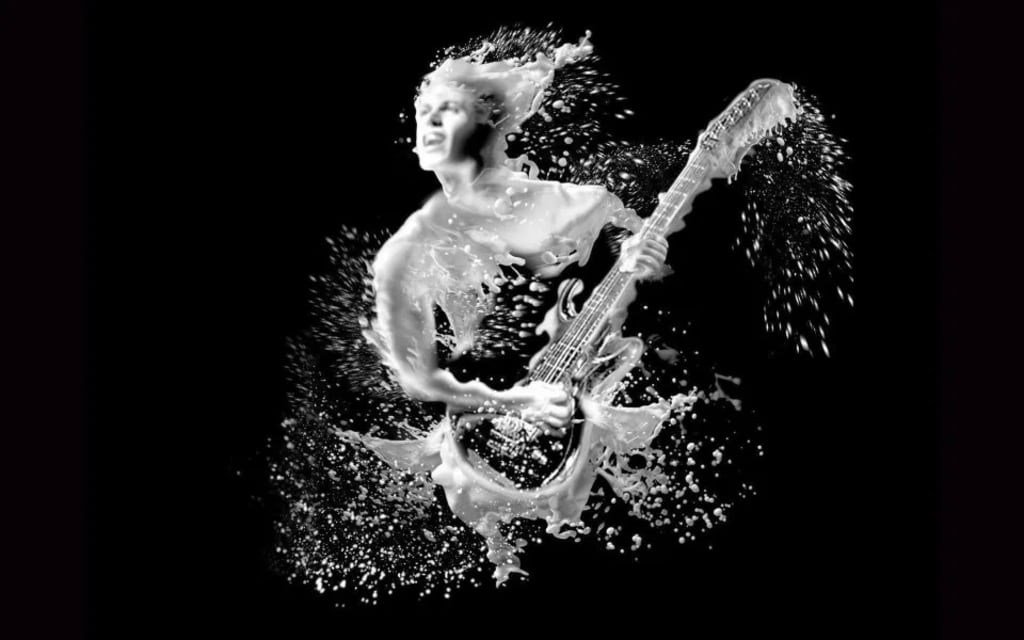Music and the Human
Exploring the emotional, cognitive, and therapeutic benefits of music therapy

Music is a universal and powerful form of art and expression that plays an important role in human life. From the earliest civilizations, music has been used for a variety of purposes, such as religious and ceremonial rituals, storytelling, and entertainment. Today, music continues to be an integral part of human culture and plays a significant role in our physical, emotional, and social well-being.
One of the most important ways in which music is related to human life is through its ability to express emotions. Music has the power to evoke a wide range of emotions, from joy and happiness to sadness and nostalgia. Many people use music as a way to cope with difficult emotions and to process their feelings. For example, listening to a sad song can help a person to process feelings of grief, or listening to an upbeat song can help a person to feel more positive and energized.
Music can also be used as a way to create a sense of community and social bonding. People often bond over shared musical interests and experiences, such as listening to music together or attending concerts. Music can bring people together, regardless of their background or culture, and create a sense of unity and belonging. For example, attending a music festival or concert can provide a sense of shared experience, and the feeling of being part of something bigger than oneself.
Research has also found that music has physical and cognitive benefits. For example, listening to music can reduce stress and anxiety, improve mood, and even boost the immune system. Studies have shown that music can have a positive impact on heart rate, blood pressure, and the release of endorphins, which are chemicals in the brain that can help to reduce pain and improve mood. Additionally, music can be used to improve cognitive functions such as memory and attention.
Another way in which music is related to human life is through its cultural and historical significance. Different cultures have their own unique musical traditions and styles, and music has been used for religious and ceremonial purposes for centuries. Music can be a way to learn about different cultures and gain a deeper understanding of human history. It can also be a way to connect with one's own cultural heritage.
Music can also be a powerful creative outlet for individuals. Whether it is composing, songwriting, performing or learning to play an instrument, music can be a way to express oneself and tell stories. It can be a form of self-expression and a way to connect with others.
Music therapy is also a form of therapy that uses music to improve the physical, emotional, cognitive, and social well-being of individuals. Music therapy can be used to help people with conditions such as autism, depression, and PTSD. It can be used to help with communication, emotional regulation, and physical rehabilitation.
Music education has been shown to have a positive impact on children's cognitive development and academic performance. Studies have found that children who receive music education tend to perform better in school and have better cognitive skills than those who do not. Music education can also be a way for people to learn about different cultures and gain a deeper understanding of human history.
In conclusion, music is deeply connected to human life and plays a vital role in our physical, emotional, and social well-being. It can be used as a tool for expression, bonding, therapy, education, and can bring people together regardless of their background or culture. Music is an integral part of human culture and has been used for thousands of years, it's a powerful form of art and expression that continues to evolve, and its impact in human life is undeniable.





Comments
There are no comments for this story
Be the first to respond and start the conversation.